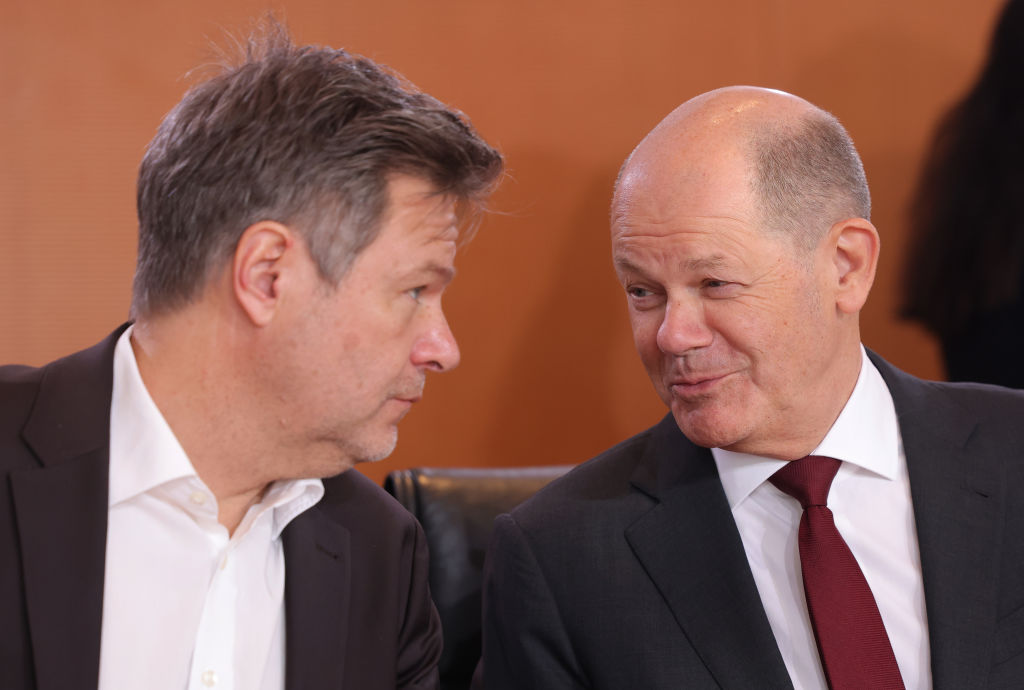German Chancellor Olaf Scholz has expressed that he is open to holding a confidence vote in his government as early as December, while a federal snap election has just been announced for 23 February next year. Scholz’s latest commitment comes a week after the partial collapse of his ruling coalition, which was kickstarted by his decision to fire Finance Minister Christian Lindner of the Free Democratic Party (FDP). The FDP, of course, is one of the parties in Scholz’s coalition which then retracted its support for the government.
To understand what is happening in Germany, it is instructive to look closely at the causes of the dispute between the former Finance Minister and the Chancellor. Reports suggest that Scholz instructed Lindner to send €3 billion in aid to Ukraine. Lindner refused, stating that Germany’s public finances were in no fit state to continue financially propping up Ukraine, and suggested sending the country long-range Taurus missiles instead.
The proposal for Taurus missiles was not a serious one. Lindner knew that the Americans had ruled them out and that Scholz had accepted this. Lindner’s entire stunt was to force the Chancellor’s hand and break the coalition, thereby preparing the ground for new elections. Further, Lindner’s refusal to send more money to Ukraine signals clearly what the move was all about: Germany can no longer afford to provide more weapons and the ruling, Left-leaning party should step aside now that Donald Trump has been elected US President with a strong mandate to stop the war.
Lindner’s manoeuvre may have been political, but the message he sent is undoubtedly true: Germany’s economy is suffering enormously. Two weeks ago, news reports suggested that Volkswagen would be moving to shut down three plants, lay off tens of thousands of workers, and cut the pay of remaining employees. The decline of Germany’s automotive industry has been driven primarily by high energy costs, which are in turn the result of the Ukraine war and ensuing sanctions. When insiders in the European automotive industry were surveyed a few months ago, the majority said that energy costs were the largest challenge the industry faced.
Macroeconomic measures show an economy in dire straits, too. German manufacturing PMI surveys show that the sector has been in contraction since June 2022, while industrial production has been in contraction since March 2023. Once again, energy prices seem to be the key driver. Since the start of the Ukraine war, German industrial production has contracted by just under 10% — but production in energy-intensive industries has contracted more than 20%.
It remains controversial to discuss these developments publicly in Germany. But treating discussion of such obvious realities as streng verboten cannot last forever. Scholz’s ruling Social Democratic Party (SPD) is now polling at around 15%, behind the controversial AfD on 19%. Notably, the AfD and Sahra Wagenknecht’s BSW have been the only parties in the country to highlight the impact of the war on the German economy. The centre-right CDU is ahead of both at 32%, but its leaders are well-aware that the AfD is eating into their voter base, and recognise that its brand of populism has much in common with the incoming Trump administration. Amid economic turmoil, the German status quo has only a few weeks left before it collapses entirely.











Join the discussion
Join like minded readers that support our journalism by becoming a paid subscriber
To join the discussion in the comments, become a paid subscriber.
Join like minded readers that support our journalism, read unlimited articles and enjoy other subscriber-only benefits.
Subscribe